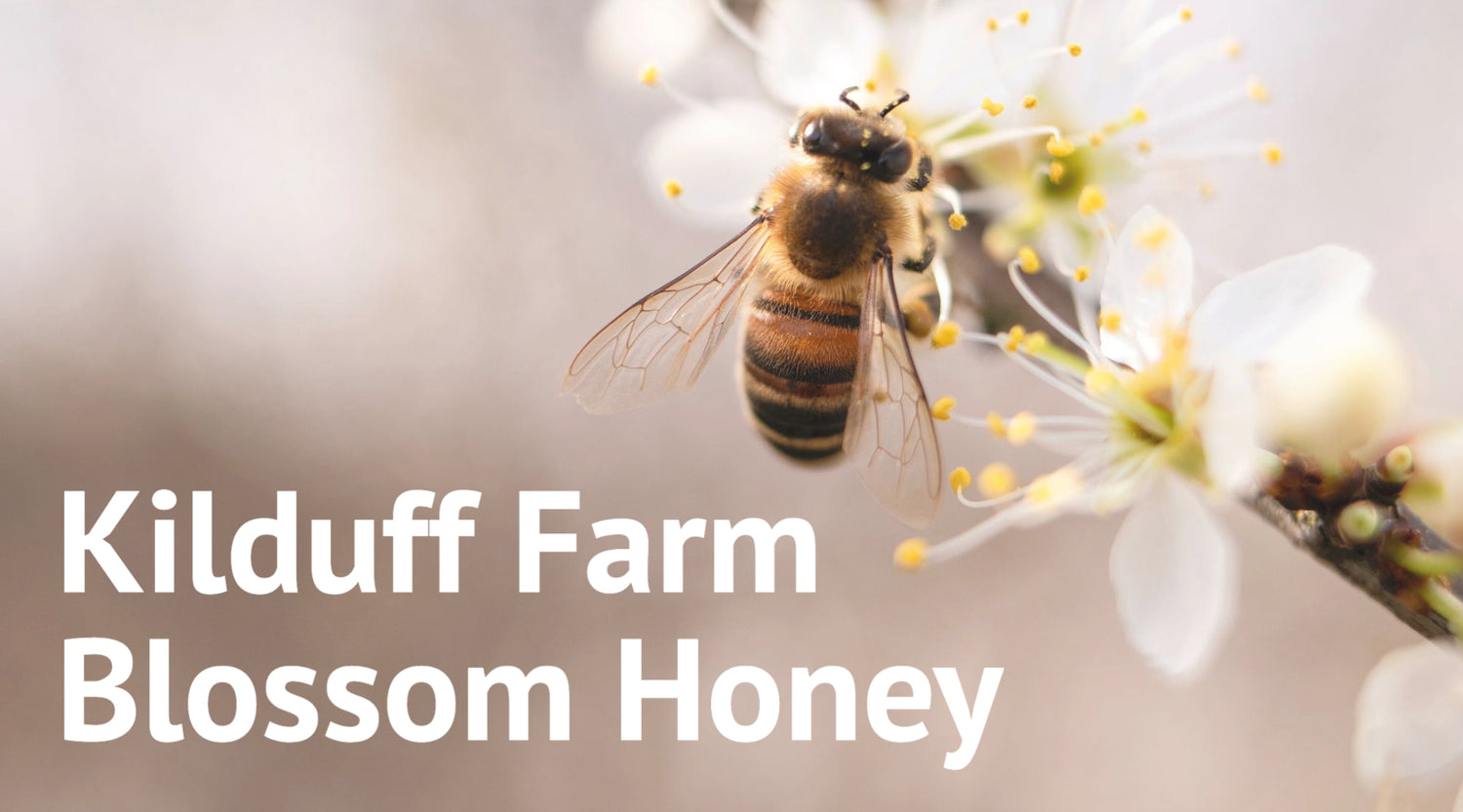Welcome to the Love Your Local Larder Podcast! A podcast that celebrates local produce with the people who cook and grow it.
Blog written by Louise McKie.
PekoeTea are Edinburgh-based artisan tea makers who pride themselves on the quality of their ingredients and the honesty of their production. Suzie had the pleasure of visiting them in their Leith Tea Shop and expanding her knowledge of this humble staple of our daily rituals.
Jon Cooper first embarked on his tea journey during his studies at Glasgow University where he discovered the unique Tchai Ovna café. Here the exoticism and sheer variety of teas inspired him, which led to his first business venture in tea: a tea bar. Jon reflects on the lessons learned during this first venture and how they have shaped the principles of PekoeTea. This began, like many start-ups, running out of Jon’s mum’s spare bedroom and catering to mail order and market clients. Jon and his wife, Esther, have since grown the business to a thriving online venture and Tea Shop based in the heart of Edinburgh.
Listen to the full podcast episode here...
In this episode, Jon treats Suzie to a comprehensive history of tea, from its historical origins in China’s Yunnan Province to the household brands we find in supermarkets. We learn that tea comes from the Camellia Sinensis plant. In a similar way to wine, many varieties emerge from a single plant. This was first grown in China then smuggled by any number of other nations, including Great Britain, in order to discover the secret of how to grow tea. The popularity of this drink and significance in customs around the world meant that there was a high value placed on being able to grow it. The Indian tea, Darjeeling is just one example of how tea has travelled and evolved.

In the UK, we can grow tea, but only in very small quantities. PekoeTea actually stocks the first commercially available black Scottish-grown tea, but it is rare, with only 2kg produced per year. What makes PekoeTea unique is that they blend in very small batches, using only the highest quality ingredients. When PekoeTea branched into flavoured infusions, Jon avoided the pre-packaged route, preferring to own the product and be able to tell the story of the ingredients.

He explains the terminology of ‘herbal infusions’ rather than the misnomer of ‘herbal tea’: as there is no leaf from the Camellia Sinensis, herbal infusions cannot be called teas. Similarly, caffeine free ‘teas’ are not, truly, teas. Interestingly, while the tea plant is inherently caffeinated, it also contains L-theanine which is a relaxant (but not a depressant) so helps the body process caffeine more effectively. This is why many people can still sleep after a good cuppa!
Suzie then learns what the difference between all the teas available are:
- White tea – when the leaves are picked at the start of the growing season.
- Black tea – when the leaf has been completely oxidised. This is also known as ‘Red Tea’ in China.
- Green tea – all teas begin as green tea, although these are picked throughout the year.
- Yellow tea – this tea is similar to green tea, but dried in a different way.
- Oolong tea – this is in between green tea and black tea; a semi-oxidised leaf. The name comes from ‘Wulong’ (meaning black dragon) which is rolled lengthways in a hairlike leaf, so it resembles Chinese dragons.
- Pu’erh tea (post fermented) – this is dried at a lower temp to keep microbial content; and was traditionally pressed into cakes and left to age for years. Prices reflect the ageing process.
- Herbal infusions – as mentioned above, these are not teas as they are caffeine-free.

Suzie is then treated to a mixing and tasting session that exemplifies the care and attention PekoeTea put into their unique blends. This one is a mouth-watering Black Forest Gateau Tea that has a perfectly blended black tea base that brings out the natural flavours of the gateau by using Keemun (known for its chocolatey notes), Assam tea and Mille Grey. Added to this are cacao nibs of the highest organic quality, freeze dried raspberries and cherries, and some secret, natural flavourings to top it off.

Suzie tastes this after it has brewed for 4-5 minutes and notes how dark and caramelly it is in colour before drinking it. She found it deliciously chocolatey with fruit flavours that really come through. ‘It tastes exactly like a Black Forest Gateau!’ she says. John recommends pairing this with something simple like a Rich Tea biscuit to avoid crowding out the flavours of the tea.
Our visit to PekoeTea was wonderfully informative as well as aesthetically pleasing, viewing the beautiful selection of teas that they offer. We can certainly appreciate why tea is a staple of so many cultural rituals. PekoeTea brings honest heritage, ethical processes and deliciousness of experience to any tea drinking ritual – in fact, they gave us a good reason to start one!
You can find out more about PekoeTea on their website or visit them at their Edinburgh Tea Shop on Leith Walk. Jon was also kind enough to share one of his favourite cocktail tea recipes with us, so enjoy this Islay Whisky Iced Tea recipe.





